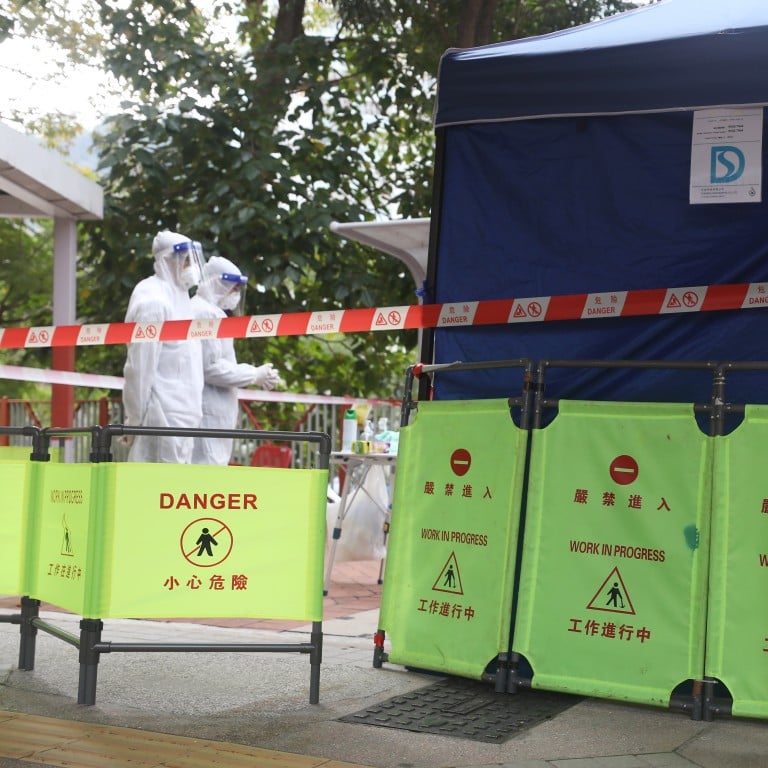
Hong Kong coronavirus sewage monitoring may be expanded to check for influenza as health secretary warns of potential winter outbreak
- Health secretary Lo Chung-mau says sewage tests carried out since Covid-19 pandemic hit had helped predict start of outbreaks
- Lo says more beds have been added in public hospitals and extra outpatient clinics organised in preparation for winter flu outbreaks
Hong Kong authorities are considering an expansion of the sewage monitoring system to detect not just the coronavirus but other infectious diseases such as influenza, the city’s health secretary said as he warned of a possible winter flu outbreak.
Lo Chung-mau on Friday explained sewage tests carried out since the Covid-19 pandemic hit had helped authorities predict the start of outbreaks.
“In our past experience during the Covid-19 pandemic, the sewage surveillance system could show the rise in infections before we saw an actual outbreak in the community,” he said at a meeting of the Legislative Council’s health services panel.
“The positive results in the sewage tests often increase before community outbreaks occur. This gives us a warning sign. So we are considering expanding sewage testing to influenza.”

The citywide sewage surveillance system was set up in 2020 through a collaboration between the government and the University of Hong Kong as a pilot scheme.
It was widely used during the Covid-19 pandemic and standardised after the city returned to normality earlier this year.
The coronavirus can remain in the faeces and urine of carriers after it can no longer be detected in respiratory or saliva samples. Samples had to be collected from the surfaces of drain and vent pipes at residential buildings.
Hong Kong set for late start to winter flu season in February, expert says
Lo said the objective of the sewage tests had changed over time.
“The surveillance system has been standardised and the goal is no longer finding which residential buildings have more infections,” he said.
“Our management mode has changed and we no longer carry out quarantine. Sewage testing allows us to know how serious the overall situation is in Hong Kong.”
Lo said the latest information had shown that the activity level of influenza had been on the rise, which signalled a potential outbreak.
“The coming winter will be the first one after the lifting of the mask order. We are expecting a high possibility of an outbreak of upper respiratory tract infections, especially seasonal flu,” he added.
Professor Ivan Hung Fan-ngai, a top infectious diseases expert from the University of Hong Kong, earlier said the city was in the final stages of the summer flu season because it was delayed by the Covid-19 pandemic.
He said the winter influenza season would run from February to April next year.
Hong Kong Covid-19 cases may peak over next few months: pandemic adviser
“In fact, Hong Kong’s summer influenza season began in August. Data showed that the activity level is on the rise,” Hung said.
Lo added the rate of influenza virus in upper respiratory tract samples in the past week had increased to 13.28 per cent, above the baseline level of 9.21 per cent.
He said the coronavirus might be more active in the winter and appealed to the public to get flu and Covid-19 shots to protect themselves.
Lo added the Hospital Authority had added 103 beds in public hospitals in preparation for any outbreaks and was monitoring the number of patients with Covid-19 or flu who attended accident and emergency departments.
He said two additional outpatient clinics would also be operational over the Christmas and Lunar New Year holiday periods.

